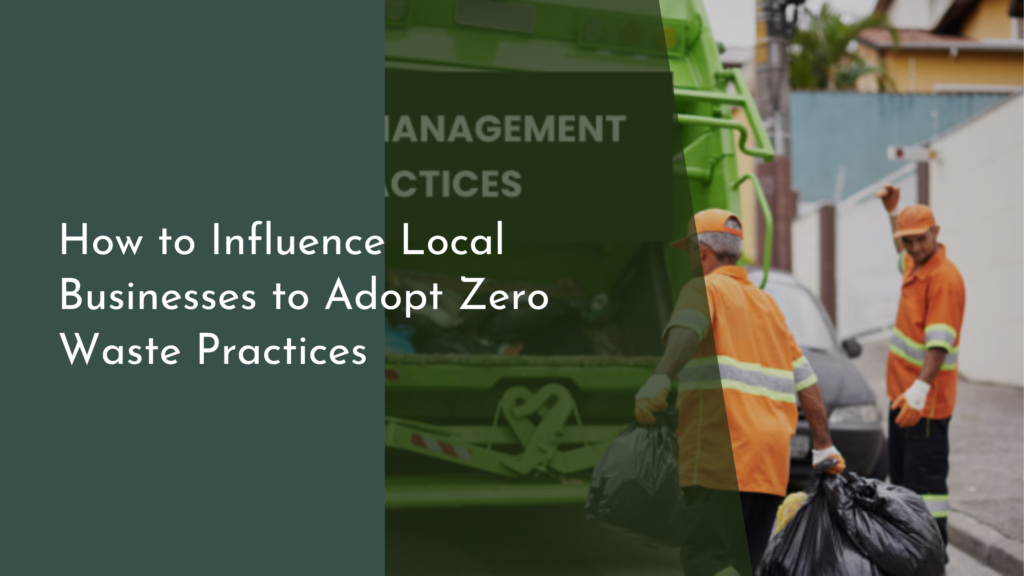Challenges Ethical Brands Face in the Marketplace
In recent years, there has been a notable shift in consumer preferences towards ethical brands. These companies, committed to principles like sustainability, fair trade, and social responsibility, have garnered significant attention. However, entering and thriving in the marketplace as an ethical brand is no easy feat. Ethical businesses face unique challenges that require innovative solutions and steadfast dedication. This article explores the primary obstacles ethical brands encounter, from navigating a competitive landscape to overcoming consumer skepticism, while also offering insights into how these challenges can be transformed into opportunities for growth and innovation.
Navigating the Competitive Landscape
Ethical brands often find themselves at a crossroads when entering markets dominated by traditional companies with established supply chains and economies of scale. Competing against these giants requires ethical brands to leverage their unique value propositions—such as sustainability, craftsmanship, or social impact—to carve out their niche. However, differentiating oneself based on ethics alone is not enough; the products must also match or exceed the quality, price, and accessibility of conventional competitors. Therefore, ethical brands must strategically position themselves and build strong partnerships to gain a foothold in the market.
Moreover, the marketplace is not static, and consumer preferences continue to evolve. This requires ethical brands to remain agile and continuously innovate to stay relevant. They must balance maintaining their core ethical commitments while adapting to new trends, technologies, and consumer demands. An additional challenge lies in scalability; as ethical brands grow, they must ensure that their expanded operations do not compromise the very principles that define them. Successfully navigating this competitive landscape involves a delicate blend of ethics, innovation, and flexibility.
Balancing Profit with Ethical Practices
Ethical brands face the inherent challenge of balancing profitability with their commitment to ethical practices. Unlike traditional companies that may prioritize the bottom line, ethical brands often incur higher costs due to sustainable sourcing, fair wages, and environmentally-friendly processes. This can result in thinner profit margins, making it difficult to compete with companies that do not bear these additional expenses. Ethical brands must therefore explore creative ways to optimize their operations without sacrificing their values.
One potential solution lies in leveraging technology and innovation to reduce costs and enhance efficiency. Brands can invest in sustainable technologies, streamline supply chains, and adopt circular economy models to mitigate financial pressures. Moreover, transparent pricing and storytelling can educate consumers about the value and impact of their purchases, justifying any premium prices. By demonstrating how ethical practices contribute to a better world, brands can foster consumer loyalty and create a sustainable business model that balances profit with purpose.
Communicating Authentic Brand Values
The art of communication plays a pivotal role in the success of ethical brands. Effectively conveying their authentic values to consumers can be challenging, as it requires a balance between transparency and compelling storytelling. Ethical brands must ensure that all aspects of their marketing, from packaging to social media, reflect their core principles. This authenticity helps build trust and credibility with consumers who are increasingly wary of "greenwashing"—when companies falsely portray themselves as environmentally friendly.
To communicate authentically, ethical brands can share behind-the-scenes content that highlights their processes, partnerships, and impact. Engaging with consumers through storytelling and testimonials can also humanize the brand and create emotional connections. By showcasing real stories of change and the faces behind their products, brands can differentiate themselves and foster deeper engagement. The key is to remain consistent and genuine in their messaging, ensuring that their actions align with their declared values.
Overcoming Consumer Skepticism
Consumer skepticism is a significant hurdle for ethical brands, as a growing number of consumers are wary of misleading claims and inauthentic branding. To overcome this skepticism, ethical brands must double down on transparency and provide verifiable evidence of their ethical practices. Certifications from independent organizations, such as Fair Trade or B Corp, can lend credibility and reassure consumers of a brand’s commitment to ethical principles.
Building trust also involves engaging consumers in an open dialogue and being responsive to their concerns and feedback. By listening to their audience and addressing any misconceptions, ethical brands can turn skeptics into advocates. Additionally, fostering a community around shared values and encouraging consumer participation in ethical initiatives can further strengthen trust. By actively involving consumers in their journey, ethical brands can create a sense of ownership and loyalty that transcends skepticism.
While ethical brands face numerous challenges in the marketplace, these obstacles also present significant opportunities for growth, innovation, and impact. By navigating the competitive landscape with strategic positioning, balancing profit with purpose, and communicating authentic values, ethical brands can turn challenges into opportunities that benefit both their businesses and the world. Overcoming consumer skepticism through transparency and engagement can foster lasting relationships built on trust and shared values. Ultimately, the resilience and creativity of ethical brands not only pave the way for their success but also inspire a broader shift towards a more sustainable and socially responsible marketplace.


